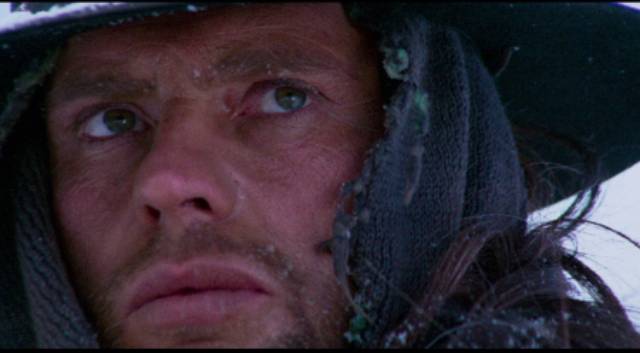
It’s that time of year again – have to look back and think about whether the time I’ve spent watching movies has been worthwhile. Here, I glance back at eleven disk releases which stood out for me.
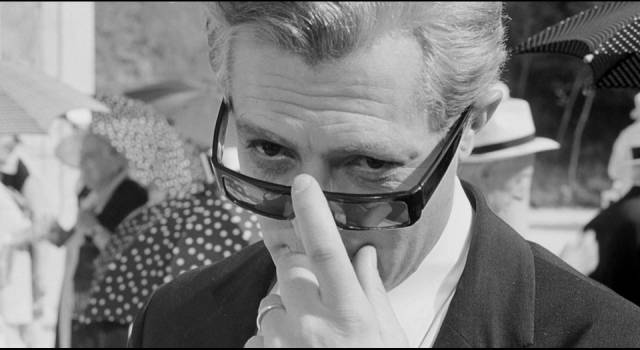
Following the international success of La dolce vita (1960), Federico Fellini faced a crisis of confidence fuelled by the expectations of producers, critics and audiences waiting to see what he would do next; plunging into that uncertainty he transformed creative paralysis into the defining film of his career, an exuberant, prodigiously inventive fantasia which reinvented him as an artist. Throwing off the last traces of Italian Neorealism, in 8½ he embraced the messy chaos of life which became his enduring theme in all the films which followed. Criterion’s 4K restoration once more makes the film fresh and vital.
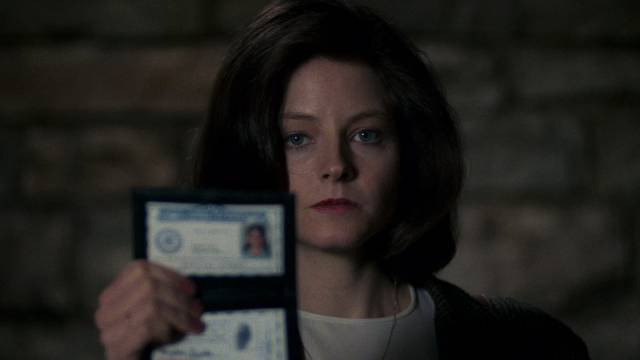
A pair of Jonathan Demme features and several box sets are among my Fall movie watching, featuring various genre titles ranging from the Hollywood prestige of The Silence of the Lambs (1991) to the cheap regional horror of Doug Robertson’s HauntedWeen (1991), early ’70s Brit exploitation including Jack Palance sacrificing women to an African idol in Freddie Francis’ Craze (1974) and four Lucio Fulci and Umberto Lenzi made-for-television ghost stories in Cauldron’s Houses of Doom collection.

Recent Radiance releases include a pair of Italian police procedurals – Pietro Germi’s neorealist noit The Facts of Murder (1959) and Luigi Comencini’s satire on bourgeois hypocrisy The Sunday Woman (1975) – and some traditional and new wave martial arts from Japan with Yasuharu Hasebe’s pop-art Black Tight Killers (1966) and a set of the first three movies in Daiei’s Shinobi series of bleak Ninja movies, Satsuo Yamamoto’s Band of Assassins (1962) and Revenge (1963) and Kazuo Mori’s Ressurection (1963). And speaking of Ninjas, Neon Eagle have released a deluxe two-disk set of Godfrey Ho’s patch-job Ninja Terminator (1964) and the original Korean movie cannibalized by Ho, Kim Si-hyun’s The Univited Guest of the Star Ferry.
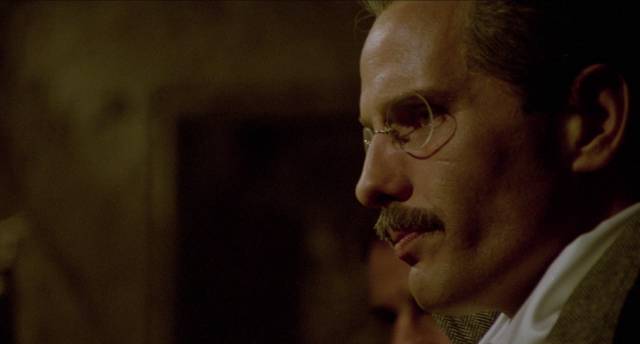
Radiance maintains its high standard with a pair of releases devoted to Italian films which tackle the intricate interconnections between organized crime, politics and civil society. Cosa Nostra (1968-75) is a three-disk set of collaborations between director Damiano Damiani and star Franco Nero which approach the theme using different genre tropes, while Pasquale Squitieri’s The Iron Deputy (1977) presents historical context with the fact-based story of a crusading official who uses brutal methods to break the hold of the Mafia on Sicilian society in the 1920s.
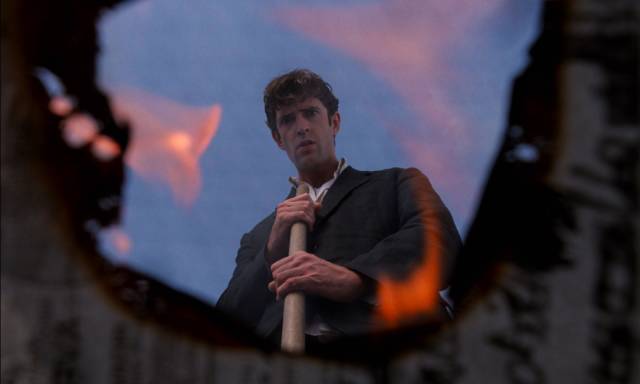
Time again to catalogue what I’ve been watching over the past couple of months, but haven’t yet mentioned. First, a mix of throwaway low-brow entertainment and more interesting genre movies from Severin – Italian horror spanning from the ’60s to the ’90s, some low-budget exploitation, and a box set of minor movies featuring Peter Cushing.
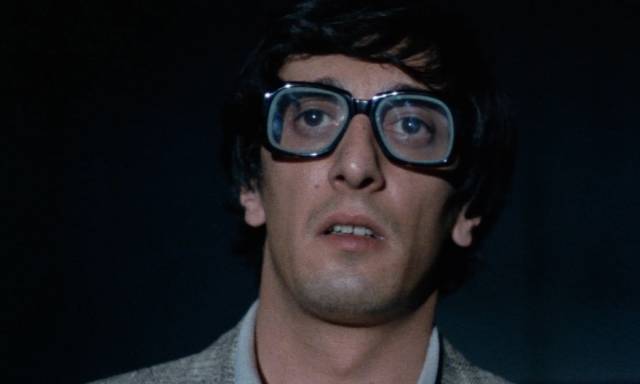
Our relationship to movies is complex; we know that we’re watching illusions, yet the intellectual and emotional responses we experience are very real. Movies give us access to a seemingly infinite range of experiences which take us out of out immediate lives. Two recent releases delve into this phenomenon in visceral ways — Giuliano Montaldo’s Closed Circuit (1978) addresses the metaphysics of movie watching with humour and suspense, while Charlie Victor Romeo (2013) provides disturbing access to an aspect of real life we might prefer not to think about: the moments during which flight crews try to deal with catastrophic technical failures immediately preceding air crashes.
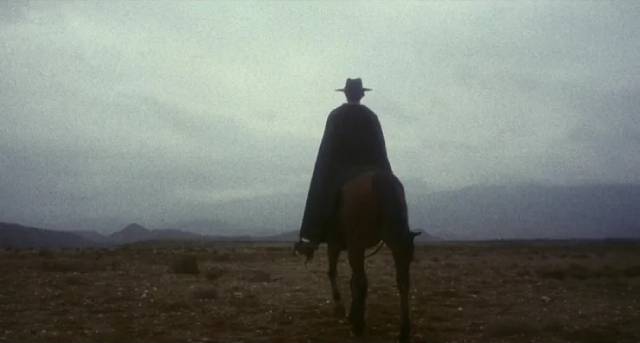
Arrow’s third collection of spaghetti westerns, Savage Guns, brings together another four movies which display the range and flexibility of the genre, from Lucio Fulci’s elegiac and mystical The Four of the Apocalypse (1975) to Mario Camus’ veiled political criticisms of the Franco regime in Wrath of the Wind (1970) and Paolo Bianchini’s intersection of personal motives and historical events in I Want Him Dead (1968). Edoardo Mulargia’s El Puro (1969), about a drunken gunfighter forced back into action, is the most conventional of the four features.